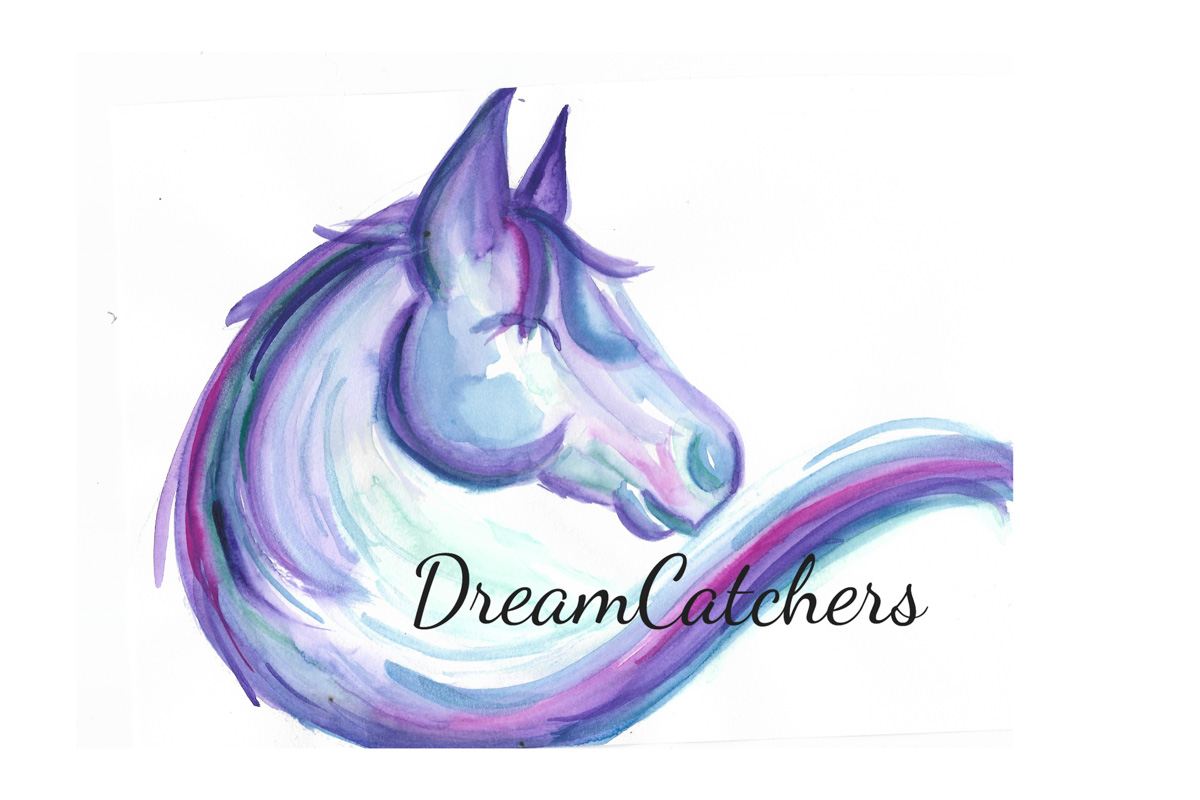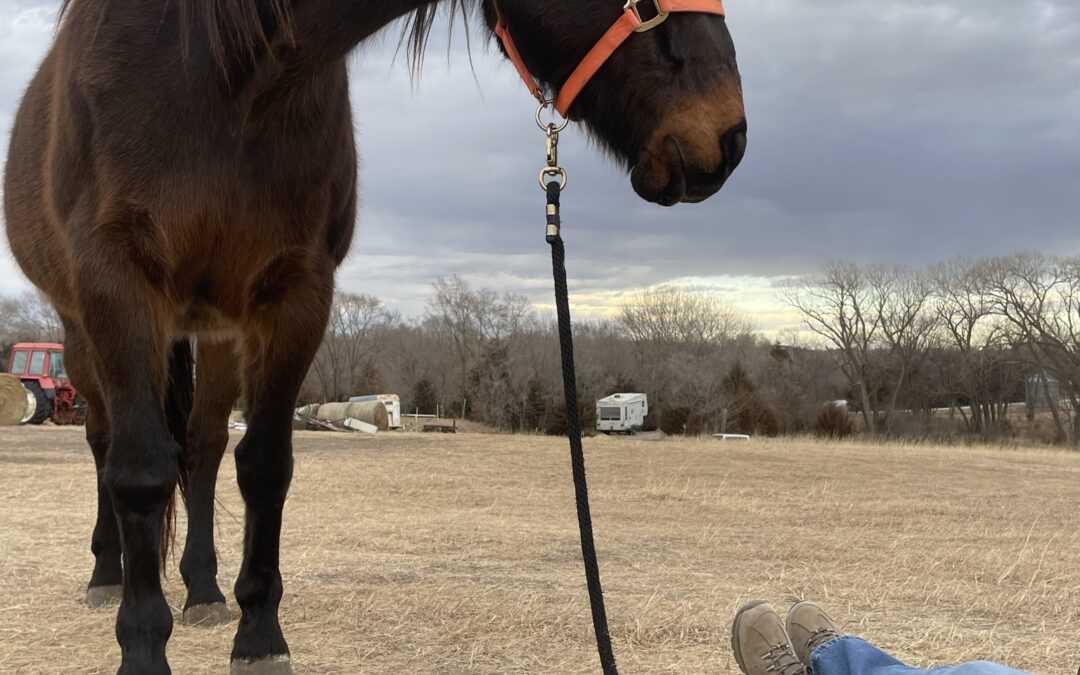Anxiety can sneak up on us — tight chest, racing thoughts, a constant feeling that something just isn’t right.
Whether you’re a teen juggling school and social pressure, or an adult balancing work, relationships, and responsibilities, anxiety is something most of us face at some point. But what if you had a simple tool to check in with yourself before things spiral?
Feeling Anxious? Take a moment to HALT
That’s where the HALT method comes in. HALT stands for: Hungry Angry Lonely Tired
It’s a quick self-check-in that can help you pause and reflect before reacting to stress or getting overwhelmed. HALT is used in addiction recovery, mental health work, and now more than ever, it’s helping people just like you and me manage everyday anxiety.
Why HALT Works
When you’re not meeting basic needs, your body and mind go into high alert. That can mimic—or fuel—anxiety. HALT helps you get curious, not critical. It’s not about fixing everything at once. It’s about noticing what you need in the moment and giving yourself permission to meet that need.
Let’s break it down.
HUNGRY
An empty stomach can cause irritability, low energy, and foggy thinking. Blood sugar dips can even trigger panic-like symptoms in some people.
What to do:
- Grab a snack with protein and fiber—think apple and peanut butter, or a handful of nuts.
- Drink water. Dehydration can make you feel more anxious too.
- Set reminders to eat regularly, especially during busy or emotionally heavy days.
ANGRY
Unexpressed or unacknowledged anger often shows up as anxiety. You might not feel “mad,” but tension, restlessness, and snappy reactions could be signs that something’s off.
What to do:
- Ask yourself: “Am I upset about something I haven’t named?”
- Try journaling for 5 minutes or going for a walk to move the energy.
- Talk to someone you trust—or reach out to a coach or therapist—about what’s really going on beneath the surface.
LONELY
Even when surrounded by people, we can feel emotionally disconnected. Loneliness isn’t about how many people are around—it’s about feeling seen and supported.
What to do:
- Text a friend just to check in or say hi.
- Schedule time with someone who fills your cup.
- Spend time with a pet or in nature—connection doesn’t always have to be human.
At DreamCatchers, we’ve seen how healing it is to connect with a non-judgmental partner—especially one with four legs. Our equine coaching sessions offer a powerful way to reconnect with yourself and others when words fall short.
TIRED
When you’re exhausted, everything feels harder. Your brain can’t process stress the same way. You might feel on edge, overly emotional, or like you’re dragging through your day.
What to do:
- Prioritize rest, not just sleep. That might mean saying no to one more task.
- Power down screens and take a 10-minute break in a quiet space.
- Build wind-down routines that help signal your body it’s safe to relax.
HALT in Action
Next time anxiety shows up, instead of pushing through or beating yourself up, HALT. Ask yourself:
- Am I hungry?
- Am I angry?
- Am I lonely?
- Am I tired?
Even one “yes” is a clue your body is asking for care. And caring for yourself is not a luxury—it’s the foundation for emotional resilience.
You’re Not Alone
Whether you’re a teen navigating intense emotions or an adult trying to keep it all together, it’s okay to pause. You’re not weak for needing rest or support—you’re human.
At DreamCatchers, we believe healing happens in relationship—with ourselves, with others, and often, with the quiet wisdom of our horse partners. You don’t have to figure it all out alone. If anxiety feels like it’s taking over, reach out. We’re here to walk beside you.
HALT. Breathe. Reconnect. You’ve got this—and we’ve got you.

